Balancing respect and freedom in an era of global tensions
When international conflicts arise, Canadian universities have to juggle free speech and academic freedom, while also managing external pressures.

Universities are dedicated to the free exchange of ideas and knowledge. But when it comes to promoting freedom of expression, protecting academic freedom and combating discriminatory speech, they face complex challenges. Global events exacerbate those challenges, create tensions between students and highlight the need for a delicate balance. The ongoing conflict in the Middle East – which flared up on Oct. 7 with the armed attack on Israeli territory by the Palestinian Hamas movement – has left a trail of destruction and many thousands dead. Those tensions have crossed oceans to make their presence felt, among other places, on Canadian campuses, sparking passionate demonstrations on both sides.
As with all conflicts, the differences of opinion and protests revived by the current confrontation have forced the academic community to reflect on the thin line separating freedom of expression and coexistence on campuses. They also raise fundamental questions about how Canadian universities should manage the massive influx of international students and keep campuses safe while preserving respect for the diversity of ideologies present in their communities.
Addressing external pressure
The day after Oct. 7, a volatile situation began playing out on Canadian campuses and prompted institutions to release statements clarifying their position. On Nov. 8, acts of intimidation and intolerant behaviour erupted at Concordia University. In a message from its president, Graham Carr, emphasized that “the vast majority of Concordians, irrespective of their political and ideological views, have worked diligently to maintain calm and to uphold the integrity of university life even at a moment when events elsewhere are creating extreme levels of anxiety and tension.”
In a press release, Western University remained evasive about the violence, stating that “as the citizens of Israel and Gaza continue to experience violence amidst the ongoing conflict in the region, members of the Western community are in deep pain.” By contrast, the University of Waterloo condemned “the reprehensible terrorist attack on Israeli civilians.” The University of Toronto, after initially expressing concern for students in the Middle East, later published an explicit condemnation of terrorist violence and “the attack on Israel’s civilian population.”
“As university leaders are keenly aware, their campuses feature proxy wars for the Israel-Palestine conflict.”
According to philosopher and McGill University law professor Daniel Weinstock, the tensions that frequently arise in response to such statements are “palpable.” “People seem to want to scrutinize and critically analyze the declarations made by university presidents, deans and other authorities. Since some feel that these statements are not sensitive enough to peoples’ suffering, universities have a responsibility to choose their words carefully,” he says.
“As university leaders are keenly aware, their campuses feature proxy wars for the Israel-Palestine conflict,” says Dax D’Orazio, a postdoctoral fellow in the department of political studies at Queen’s University and a research affiliate with the centre for constitutional studies at the University of Alberta. “This means that universities are under immense external pressure that can cloud their judgment and prevent principled decision-making. Donors might threaten to withhold money. Politicians might attack their leadership personally. And students and professors might argue that legal expression nonetheless creates an inhospitable environment.”
Dr. D’Orazio underscores that “defending free expression will never make you popular, because you’ll always find individuals and groups that would rather have something left unsaid.” He also notes “a real irony” in Ontario. “A few years ago, Doug Ford was threatening universities with funding cuts if they didn’t allow free expression to blossom on campus. In the past few weeks, there’ve been countless cases and controversies on Ontario campuses that raise free expression issues, and Ford hasn’t said a word about that.”
Read also: The Ford government is ignoring its own campus free speech policy
Sedef Arat-Koç, an associate professor in Toronto Metropolitan University’s department of politics and public administration and a member of the Yeates School of Graduate Studies, believes that “universities should firmly uphold and defend academic freedoms without succumbing to pressure, whether from donors or governments.” She fears that “the Ontario government may start imposing its directions on universities, potentially curtailing specific forms of expression. Academic freedoms aren’t mere luxuries; they’re grounded in international human rights principles, essential not just for individuals but for the role universities play in society. They’re about providing a space for information, debates, and solutions to societal problems. Moreover, academic freedoms ensure university autonomy from governments and powerful entities, preserving academic integrity,” she says.
Repercussions in the U.S. and lessons for Canada
South of the border, three universities were particularly hard hit by campus protests. Faced with allegations of on-campus antisemitism, the Massachusetts Institute of Technology (MIT) found itself embroiled in the United States’ biggest higher education controversy of the past 20 years. Calls for the firing of its president, Sally Kornbluth, circulated for weeks. The calls grew louder in December after University of Pennsylvania president Liz Magill stepped down, followed a few days later by Harvard University president Claudine Gay’s resignation after a mere six months on the job. All three were criticized for their performance before a Dec. 5 hearing of the U.S. Congress regarding on-campus antisemitism. In response to the hearing chair’s question about whether calls for genocide violated university policies, they gave strictly lawyerly answers.
Here in Canada on Dec. 18, five Liberal members of Parliament, including Anthony Housefather, asked the leaders of 27 universities whether calling for the genocide of Jews would violate their institution’s code of conduct.
In their responses, most reminded the MPs of their policies to protect the respect and integrity of all. To Brock University, “a call for genocide runs contrary [to its] fundamental values of integrity and respect for the dignity of each person.” Other universities focused on condemning any form of hate speech and calls for genocide and reaffirmed that such acts violate their codes of conduct.
There are differences between the Canadian and U.S. legal contexts, Dr. Weinstock notes. “In Canada, we have clear limits on freedom of expression, particularly when it comes to the incitement of hatred and violence. The distinction between criticizing a group and inciting hate is important in our case law. It’s possible that Americans, with their First Amendment, may be more inclined to defend unrestricted freedom of speech. But in Canada, we have a legal framework that places limits on this right, particularly regarding the incitement of hatred.” The president of Université de Montréal, Daniel Jutras, referred to that framework in his letter to the MPs. “The Canadian and Quebec charters and the criminal code, which condemn incitement to racial hate and any discriminatory expression, apply on our campuses and to all members of our university community. These laws prohibit calls for the genocide of the Jewish people, the Palestinian people or any other people or identifiable group.”
Dr. Arat-Koç adds that Republican attacks on free speech in the U.S. are also “a form of attack on the principles of equity, diversity and inclusion (EDI).” She believes that this perspective differs from the Canadian context, where, in her opinion, EDI is less discussed.
However, she pointed out that certain definitions used in Canada could be problematic. “For instance, the [International Holocaust Remembrance Alliance’s] vague definition of antisemitism adopted by the Canadian government and provinces could limit academic freedoms and freedom of expression. Some examples within this definition are ambiguous, such as considering criticizing Israel as antisemitic. Such broad definitions dilute the real meaning of antisemitism and hinder the fight against genuine antisemitism. This underscores the importance of critically examining and refining such guidelines to ensure they don’t impede essential discussions and freedoms.”
On the question of whether prohibiting calls for genocide extended to statements advocating for “the elimination of the State of Israel,” the presidents were circumspect. The University of Calgary simply answered “yes” to the question, while Carleton University added that “such statements run entirely counter to Carleton’s values as an institution and our commitment to fostering a respectful, compassionate, and inclusive community for all members.” The University of Manitoba wrote that “the call for the elimination of the State of Israel, or any other state, can reasonably be interpreted as a call for violence against the people within that state and as such would constitute a violation of our policies,” while York University considers that “a call for genocide against the Jewish people whether in Israel or in the diaspora would also be a violation of York’s code of student rights and responsibilities.”
A shared responsibility
So how can Canadian universities protect their campuses from the impact of international conflicts and ensure academic freedom is upheld? “The basic problem,” according to Dr. D’Orazio, “is that universities are widely regarded as places where expression ought to be freest. However, because of the laws and policies that apply there, expression is actually curtailed in excess of the limits that we see generally in Canada. Some of those restrictions are required for the university to satisfy its mission, like preventing the disruption of its operations.”
He does not “believe that universities need any additional tools to maintain the proper balance between expression and harm. Canadian courts have already done that work with much more thought and regard for the law than any university ever will. We need to be especially careful to not stretch harm too thinly as a concept when we encounter expression we don’t like.” In addition, he stresses that “discomfort and offence aren’t sufficient to restrict expression, and particularly not in an academic environment.”
“It’s crucial for those in influential positions within academia to encourage open, respectful discourse while fostering critical thinking.”
Dr. Arat-Koç expresses concern over the delicate position in which political science professors find themselves. To her, they should be fostering thoughtful discussions. “I’ve observed that those aligned with mainstream or government perspectives often lack critical reflection on these matters. It seems that those questioning mainstream narratives are the ones compelled to defend their positions and constantly reflect on articulating their viewpoints constructively for peace and justice. It’s crucial for those in influential positions within academia to encourage open, respectful discourse while fostering critical thinking.”
For Dr. Weinstock, students also have a role to play. “The environment depends in large part on the attitude and action of students. It’s essential they avoid oversimplification and hasty generalizations. Instead, they should identify constructive differences between individuals’ opinions and positions.” He adds, “as a political philosophy professor, I teach students to take a step back, think before speaking, and exercise critical thinking. Students need to understand that they have a responsibility in shaping the campus environment, and these critical tools can help them navigate complex issues like the Israeli-Palestinian conflict.” In that vein, he applauds the initiative of the University of Ottawa’s Jewish Law Students Association and Muslim Law Students Association, who published a joint statement. In her promotion of that statement on LinkedIn, U of Ottawa Jewish Law Students Association member Shayna Horvath said, “in times shadowed by darkness, it becomes imperative to unite rather than succumb to the divisive forces of hatred.”
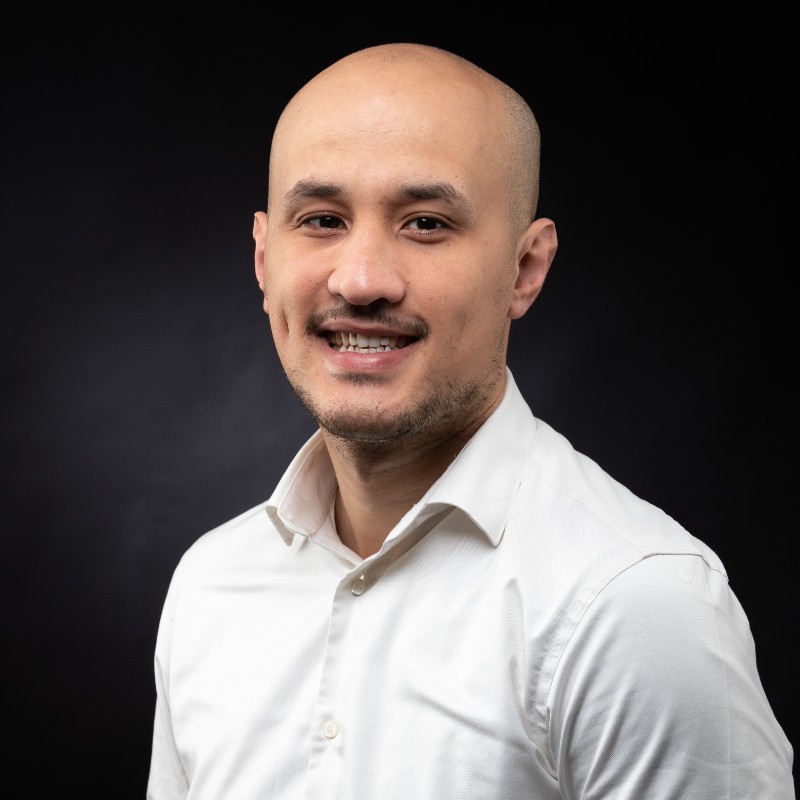

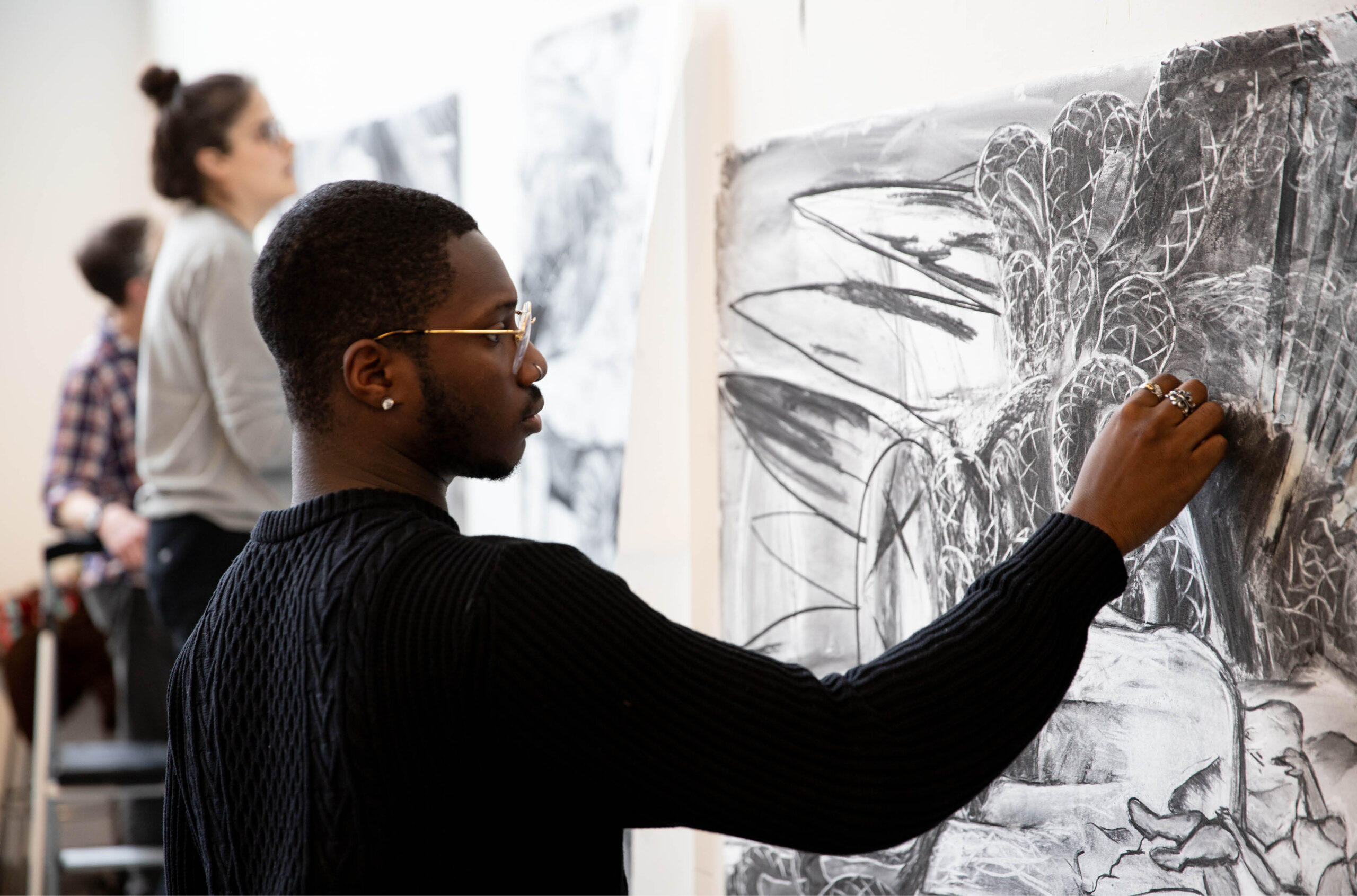

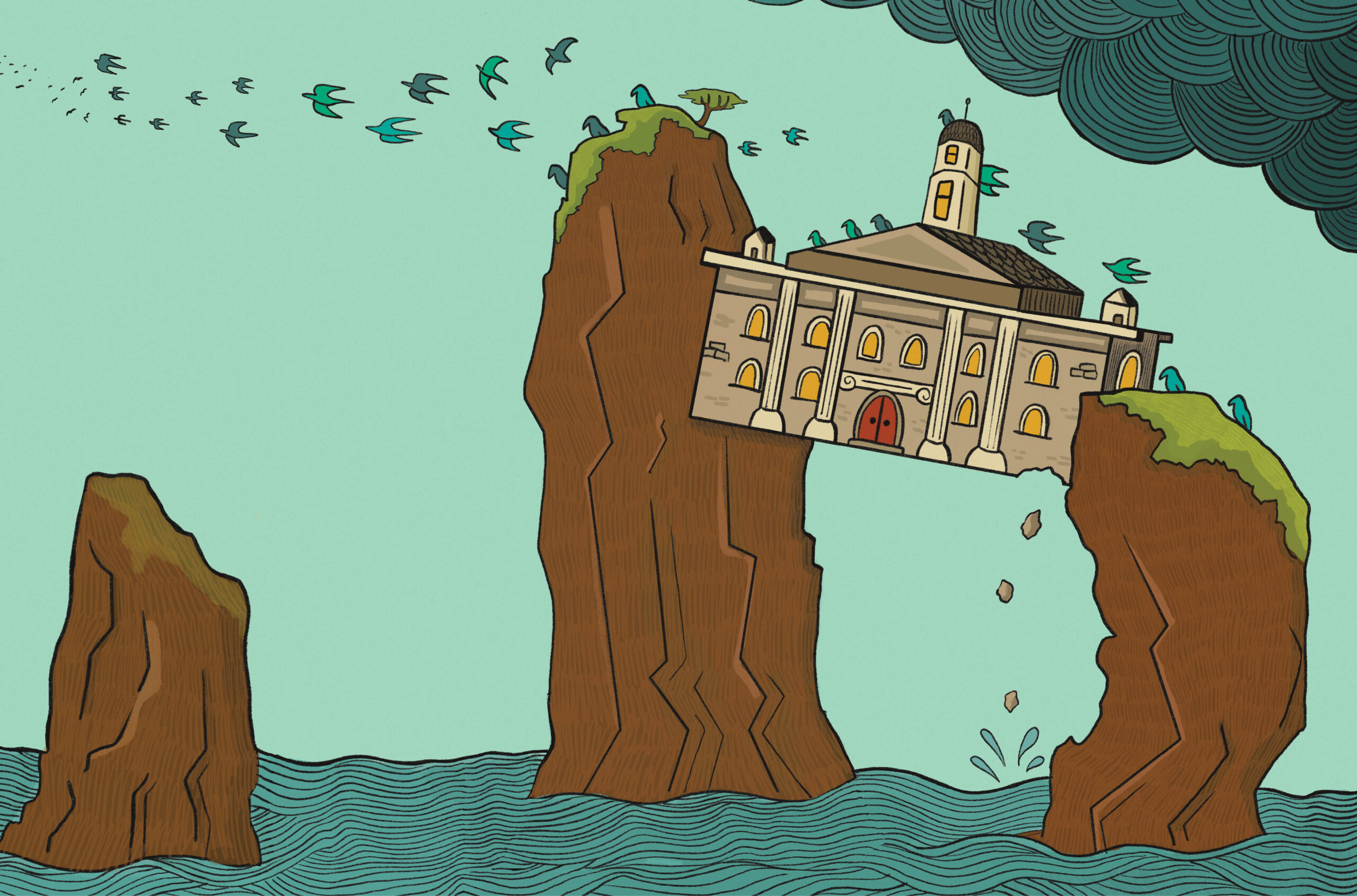


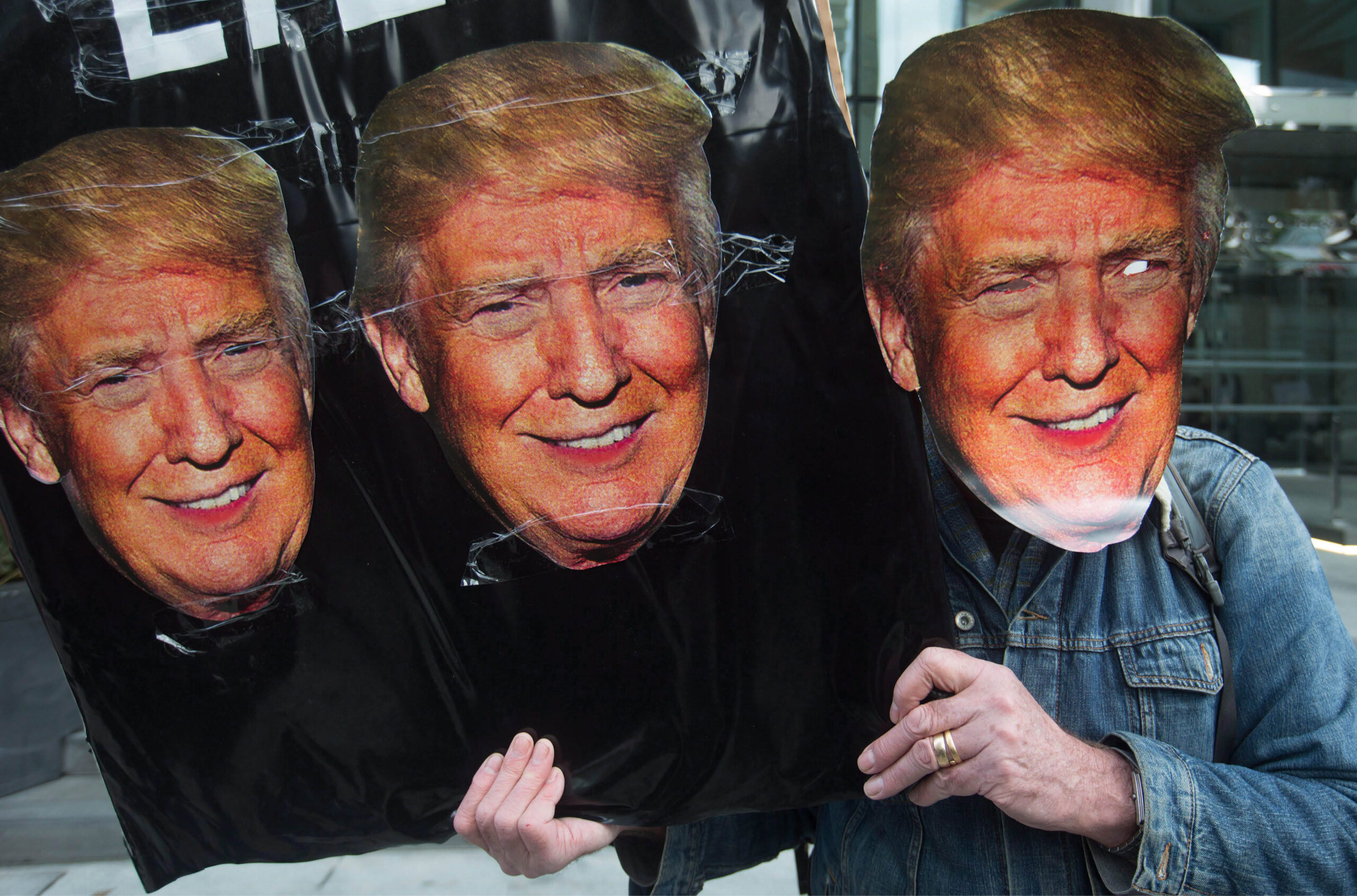

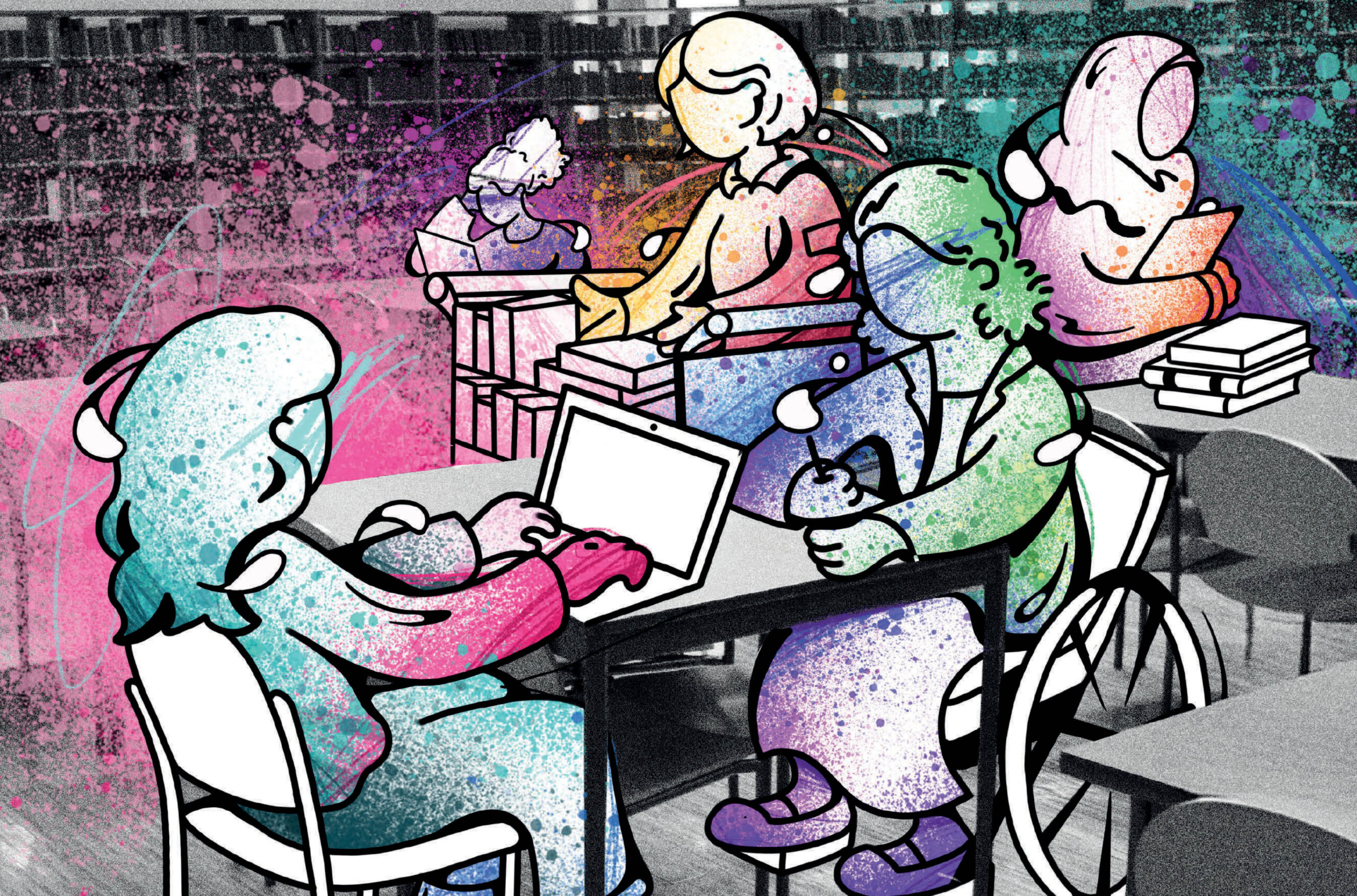

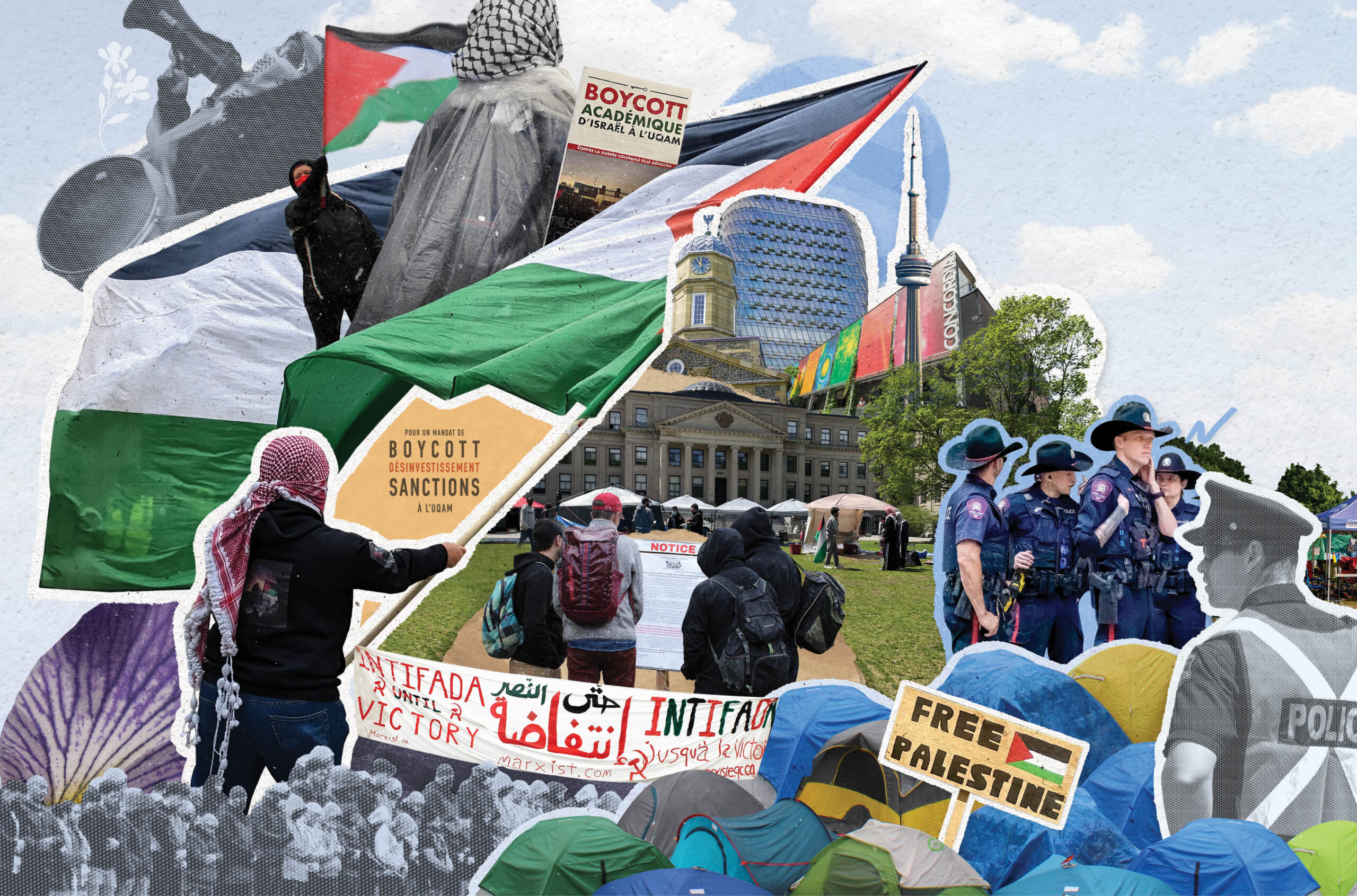
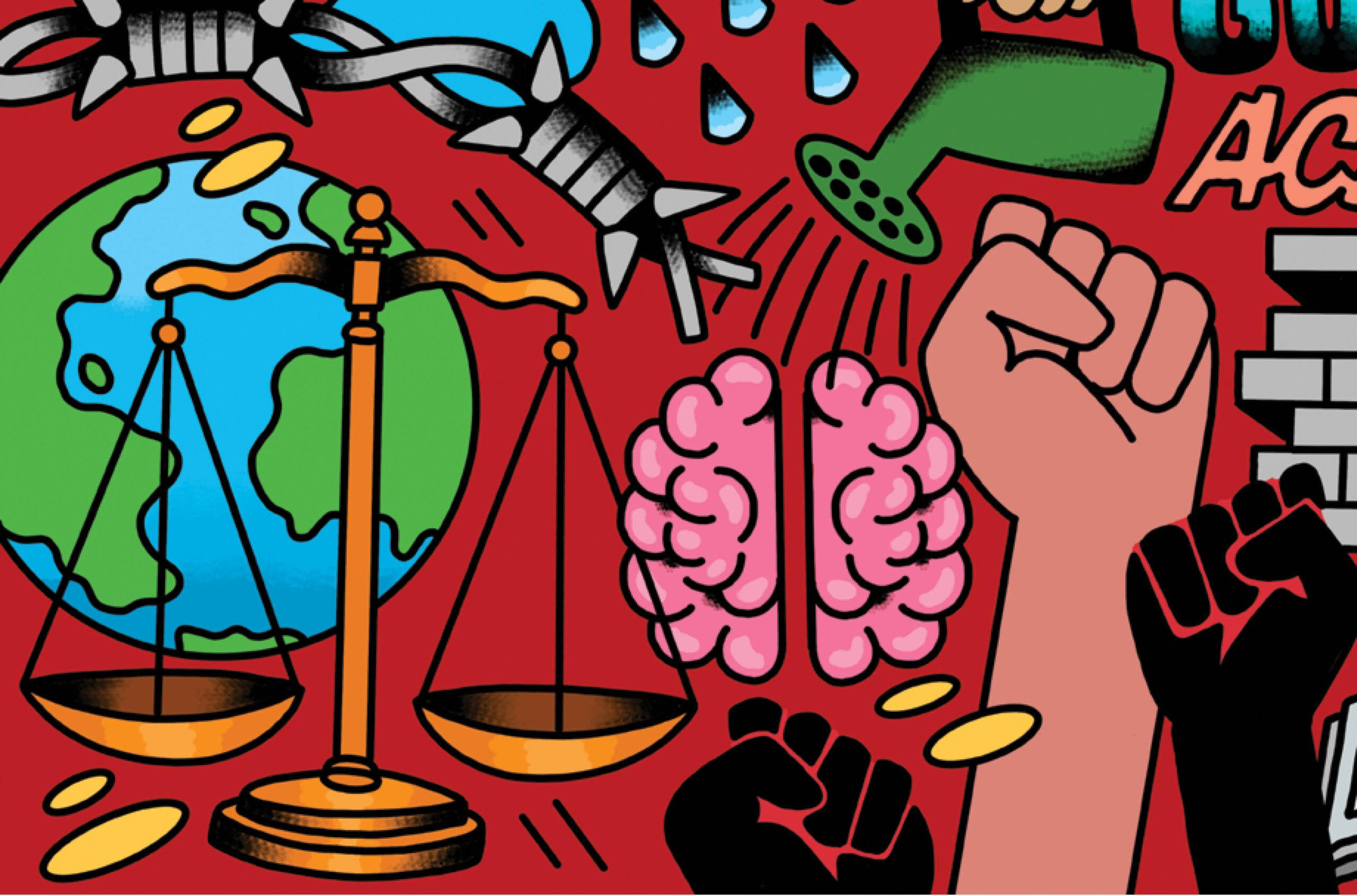
Post a comment
University Affairs moderates all comments according to the following guidelines. If approved, comments generally appear within one business day. We may republish particularly insightful remarks in our print edition or elsewhere.
2 Comments
The most important sentiments in this article: “We need to be especially careful to not stretch harm too thinly as a concept when we encounter expression we don’t like.” In addition, he stresses that “discomfort and offence aren’t sufficient to restrict expression”
“I’m offended” should not be sufficient to curtail someone’s freedom of expression and “win” a debate.
Dax D’Orazio is right: “Discomfort and offence aren’t sufficient to restrict expression, and particularly not in an academic environment.” If a student does not understand this, s/he is not prepared for university life.